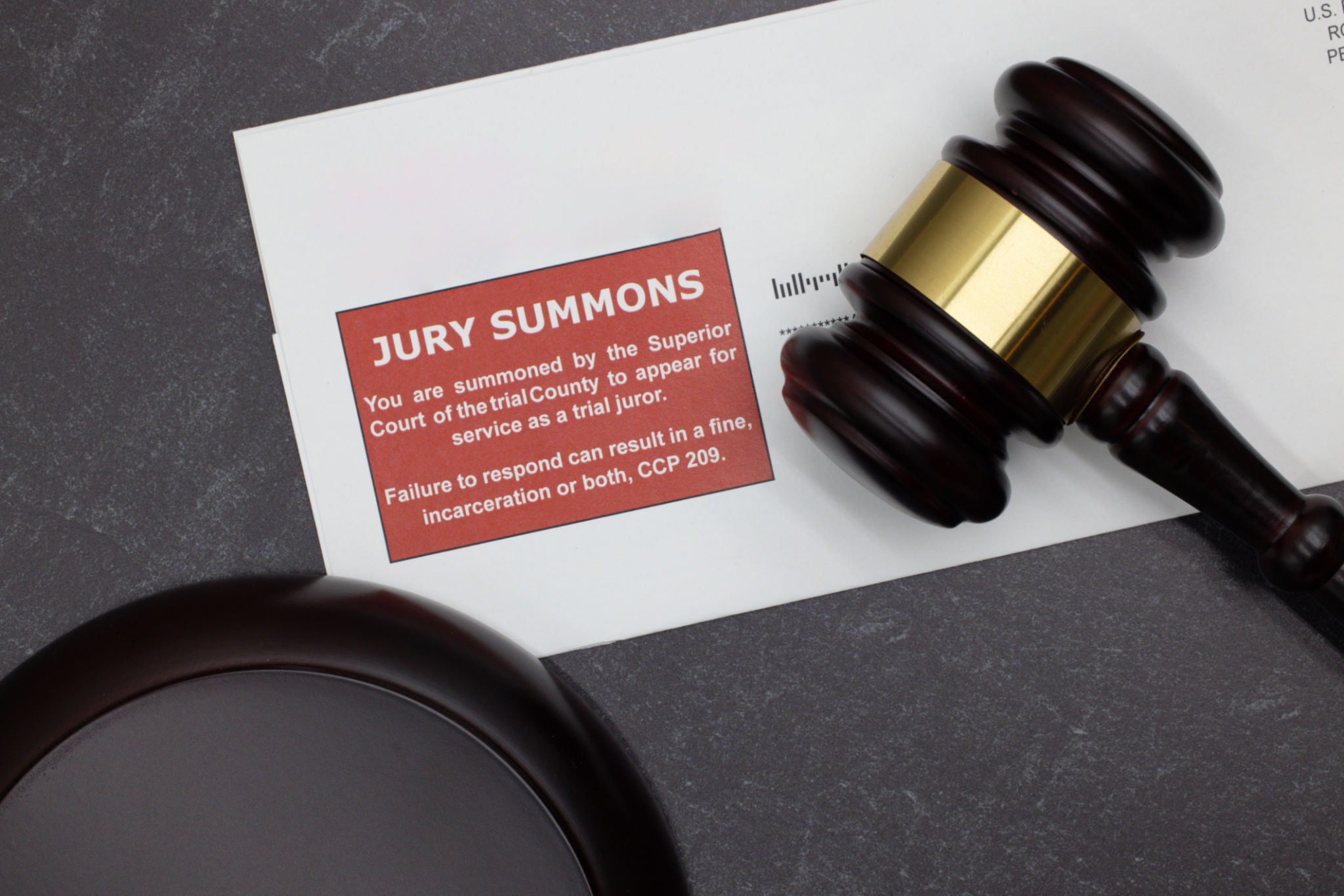Essential Tips for First-Time Auction Bidders: A Beginner's Guide
Understanding the Auction Process
Participating in an auction for the first time can be both exhilarating and daunting. Understanding the auction process is crucial to making informed decisions. Auctions typically follow a structured pattern, starting with an opening bid and proceeding with incremental increases until the highest bid is reached. Familiarizing yourself with this flow and knowing the types of auctions—such as live, online, or silent—will help ease any uncertainties.
Each auction has its own set of rules and terminology. Terms like "reserve price," "bidding increments," and "hammer price" are commonly used. The reserve price is the minimum amount the seller is willing to accept, while bidding increments are the set amounts by which bids increase. The hammer price is the final bid price when the auctioneer closes the sale.

Research Before You Bid
Before participating in an auction, it’s essential to do thorough research on the items you’re interested in. Gather as much information as possible about their history, authenticity, and market value. This research will empower you to make educated bids and avoid overpaying for items.
Additionally, review the auction catalog ahead of time. This document provides detailed descriptions of each item, including photographs and any known defects. Being well-prepared allows you to identify which items are worth pursuing and helps you establish a realistic budget.
Setting a Budget
Setting a budget is a critical step in ensuring a positive auction experience. Decide on a maximum amount you're willing to spend on each item, keeping in mind any additional costs such as buyer’s premiums, taxes, and shipping fees. Sticking to your predetermined budget prevents impulsive bidding and financial strain.

Bidding Strategies for Success
Developing a bidding strategy can significantly enhance your chances of success. One common tactic is to start with a strong opening bid to deter competition. However, it's equally effective to wait until the last moments of bidding to place your offer, especially in online auctions where sniping is common.
Another strategy is to pay attention to others' bidding patterns. Observing how other bidders behave can provide insights into their strategies and help you adjust yours accordingly. Remember to remain calm and composed, as emotional bidding can lead to overspending.
Understanding Auction Etiquette
Auction etiquette is important for maintaining a respectful environment. Whether you're in a live setting or participating online, follow the rules set by the auctioneer and be courteous to other bidders. In live auctions, avoid unnecessary distractions, and when online, ensure your internet connection is stable to prevent technical issues during critical moments.

Post-Auction Considerations
Once you’ve secured your winning bid, it’s important to understand the post-auction process. This includes making timely payments and arranging for the collection or delivery of your items. Ensure you are aware of any deadlines for payment and collection to avoid penalties.
Finally, reflect on your overall experience. Assess what strategies worked and what areas need improvement for future auctions. This reflection will enhance your skills and prepare you for more successful bidding experiences ahead.
